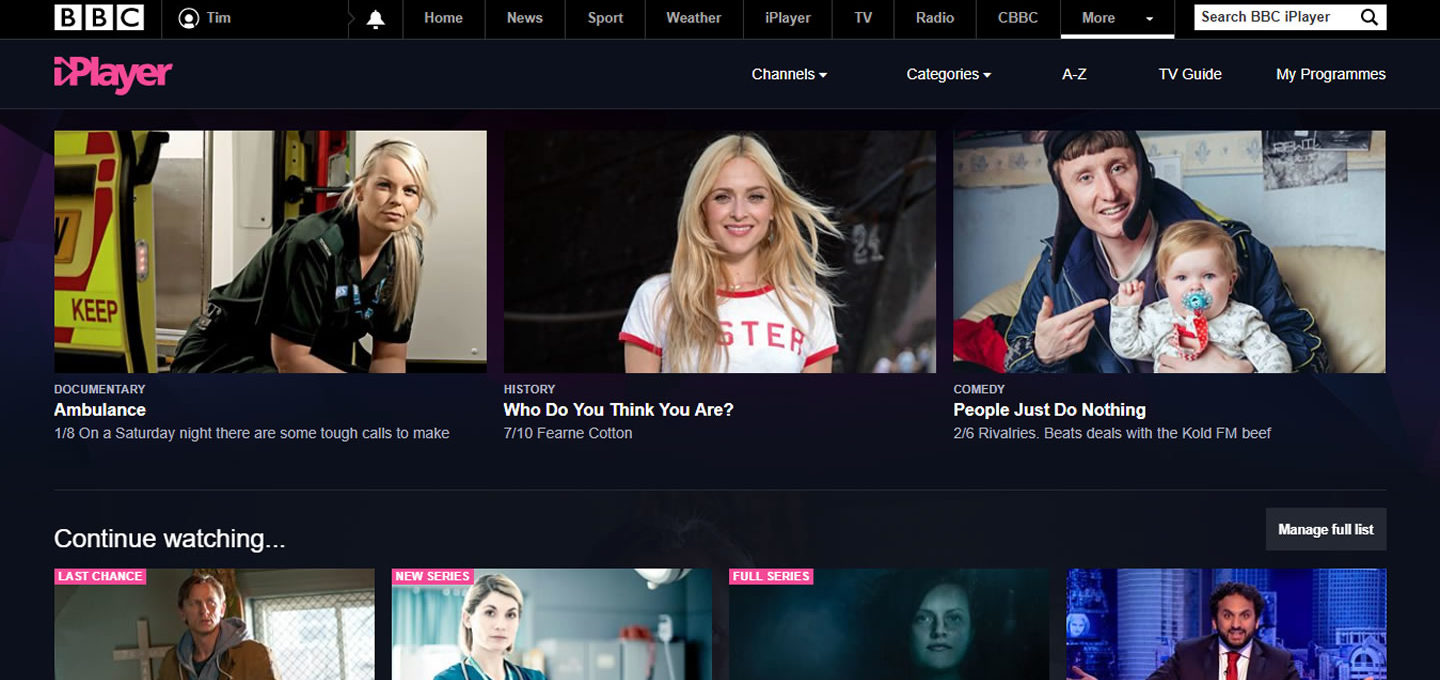The digital world is changing at an impressive rate. The ubiquity of streaming services like Spotify, Netflix, and BBC iPlayer could barely have been imagined only a decade ago, and the choice of high quality television and music available at our fingertips has never been greater.
A borderless internet has become the de-facto delivery platform for all media, but we remain stuck with regional restrictions because of antiquated ideas about rights management. Back when TV could only be seen by those within a certain radius of a mast it made sense that content would be licensed for only the regions able to receive it, and then sold on to broadcasters in other countries for their own transmissions. This is not the world of 2017 where people expect to be able to click here and immediately stream the content on their mobile device.
In today’s media environment people find out about new content on Snapchat, Twitter, and Facebook, not in the Radio Times. When we click a link to watch a film or TV show, we expect to be able to watch it, not be presented with a useless screen that informs us we cannot watch it from our location, no matter if we have a subscription to that service.
I understand that TV is still mostly consumed via aerial, satellite and cable, but the number of cord-cutters is climbing rapidly. Many of the world broadcasters are already owned by the same huge media conglomerates, but they refuse to work together to make a platform where your location doesn’t matter, with each regional firm just organising the advertising and taking their cut. I wrote about channelisation and the growth of curators on these pages five years ago, but is taking much, much longer than I ever imagined – and the broadcasters are missing out on the revenues that could be generated by global fandoms if they just opened their borders.
Netflix is one of the firms cord-cutters look to as the future, but in reality the streaming service’s catalogue varies hugely from country to country, with the variations big enough that a whole raft of services have been developed to get around their region locks. Netflix is investing heavily in its own content, $6bn this year according to a recent interview with CEO Reed Hastings, and have made that content available to their subscribers globally – they understand the problem. We are all just waiting on traditional TV companies to catch up.
And all this leaves us with BBC iPlayer, the crown of British streaming services and the original driver behind streaming content in the UK. In the UK, the BBC is funded by a license fee, where any household that watches terrestrial TV or streams content on iPlayer pays £147 per year. I would argue the fee offers pretty good value for money and covers everything the BBC produces from TV and radio shows, to important global resources like the World Service and BBC News, but now you need it to stream it will start being compared to cheaper alternatives like Netflix or Amazon Prime.
If the BBC’s subscription fees only come form the UK populace it can never compete on scale with the likes of Netflix or Amazon. But it shows are popular around the world, and by opening up iPlayer to those billions of users for a fee, it could start investing in even more shows and talent. The Beeb already shows ads on its News website for international readers and has a premium channel in the US called BBC America, but what we really need is BBC Global – a UK-based media firm that upholds the values of the BBC and can compete with the huge firms over the pond.
It is licensing that is still holding the BBC back, with many of its shows licensed from independent production houses, but it is time for someone to take on regional restrictions, and the BBC should be it.
Image courtesy of the BBC

